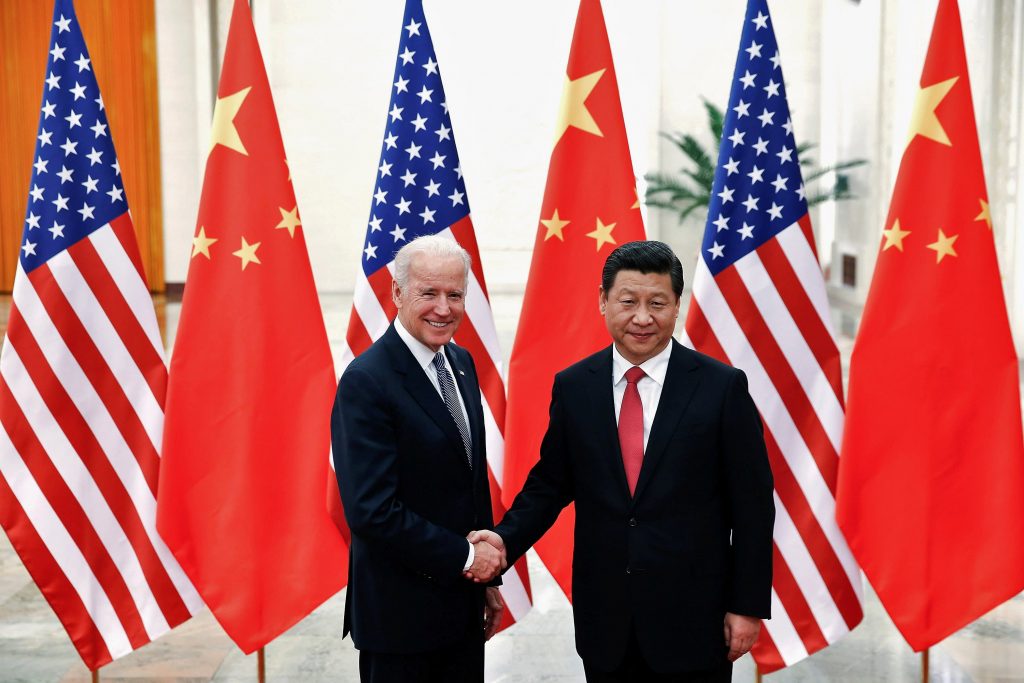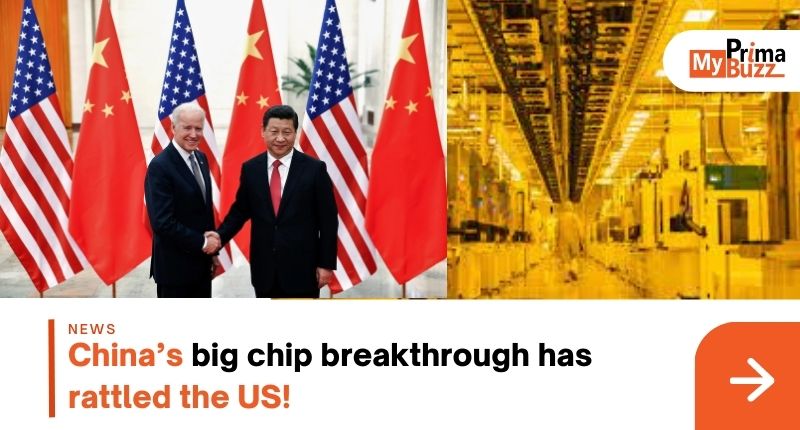China’s Semiconductor Manufacturing International Corporation has achieved a major chip breakthrough. SMIC is now capable of producing 7nm semiconductors. This places China in the same league as Intel.
The big leap in the semiconductor industry has worried another global superpower, the United State. As a result, US has implemented a global effort to stop and restrict China from enhancing its chip technologies. This is to prevent China to acquire super-speed computers and developing advanced weapons.
China achieved 7nm process technologies

Semiconductors are the global technology warfare as they are the centre of the technologies of electric cars and home appliances. Before SMIC, only Samsung, Intel and Taiwan are able to produce 7nm chips.
The senior analyst at SemiAnalysis stated that the Chinese’s achievement has exceeded expectations. With the breakthrough, China has the ability to access 90 percent of the chip market as the majority of the chip is built on 7nm process technologies.
Most analysts have thought that the SMIC is only able to produce 14nm chips. The reason that this breakthrough is important is that the smaller the size of a transistor, the more the transistors can be squeezed into a chip, making the chip have stronger computing power.
US restricted China's semiconductor development
7nm chip is just one generation behind the most advanced 5nm chip in smartphones. US imposed sanctions to stop SMIC from getting any equipment required to develop 5nm semiconductors.
One of the more notable instances is that US blocked a Netherland company to sell its machines to SMIC, to prevent SMIC to have access to EUV Lithography Tools that allow the production of chips below 7nm.
Besides restricting the Chinese’s development in chip technologies, US has also allocated $54 billion in subsidies and tax cuts for any semiconductor companies which set their facilities in the US. To continue to develop its chip production technologies, SMIC has hired engineers from Taiwan TSMC, which raises doubt about whether they stole the intellectual properties of TSMC.

